Written by: Dr. Marci L. Hardy, PhD, MA
You don’t need a special diet to keep your brain healthy. Eating natural, unprocessed (whole) foods can make a big difference! There are specific foods that give your brain the vitamins, minerals, protein, and healthy fats it needs to support brain health.

What is Whole Food?
A whole food is a food that’s not processed and comes straight from nature. The easiest way to determine if something is a whole food is to ask yourself, Can I:
- Dig it out of the ground? (like potatoes or carrots)
- Pick it from a bush or a tree? (like apples or blueberries)
- Catch it from a stream, the ocean, flying in the sky, or running on the ground? (like salmon or eggs)
Examples of whole foods include fruits, vegetables, legumes (beans), nuts, eggs, dairy, whole grains, fish, eggs, and animal proteins. Importantly, each of these whole foods includes different vitamins and minerals (nutrients) that are important for brain health, in addition to protein, carbohydrates, and fats that provide energy and support brain function.
Are There Key Brain-Boosting Foods?
The specific foods with the most brain-healthy nutrients include:

Colorful Vegetables
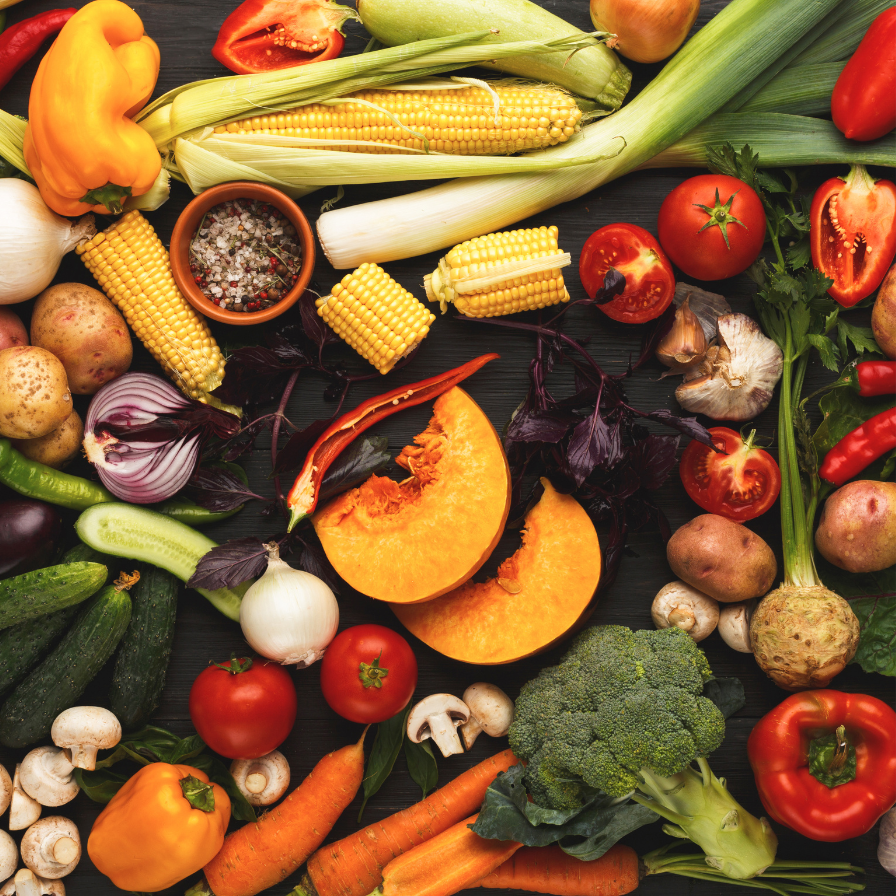
Colorful vegetables offer a variety of nutrients. You can eat raw as a snack, serve on the side or as a salad, or add to items such as a fajita or omelet.
Brain-Healthy Fats
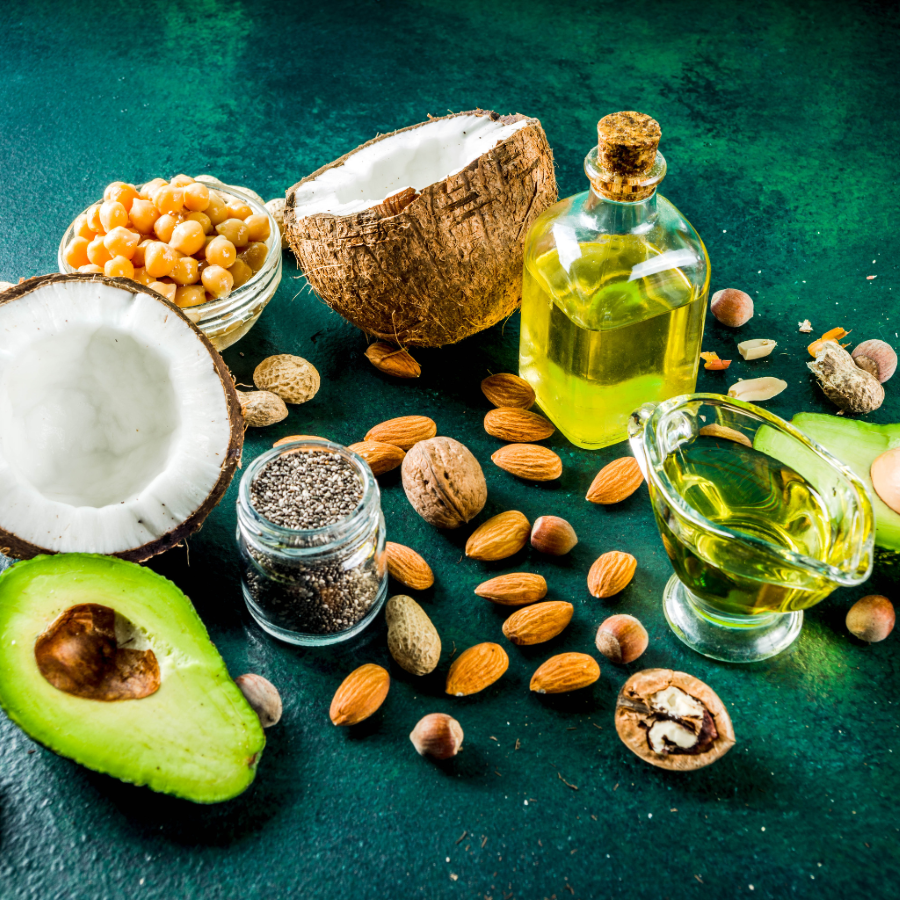
Olive and avocado oils provide essential fatty acids. You can use them in cooking, marinades, and dressings.
Berries & Cherries
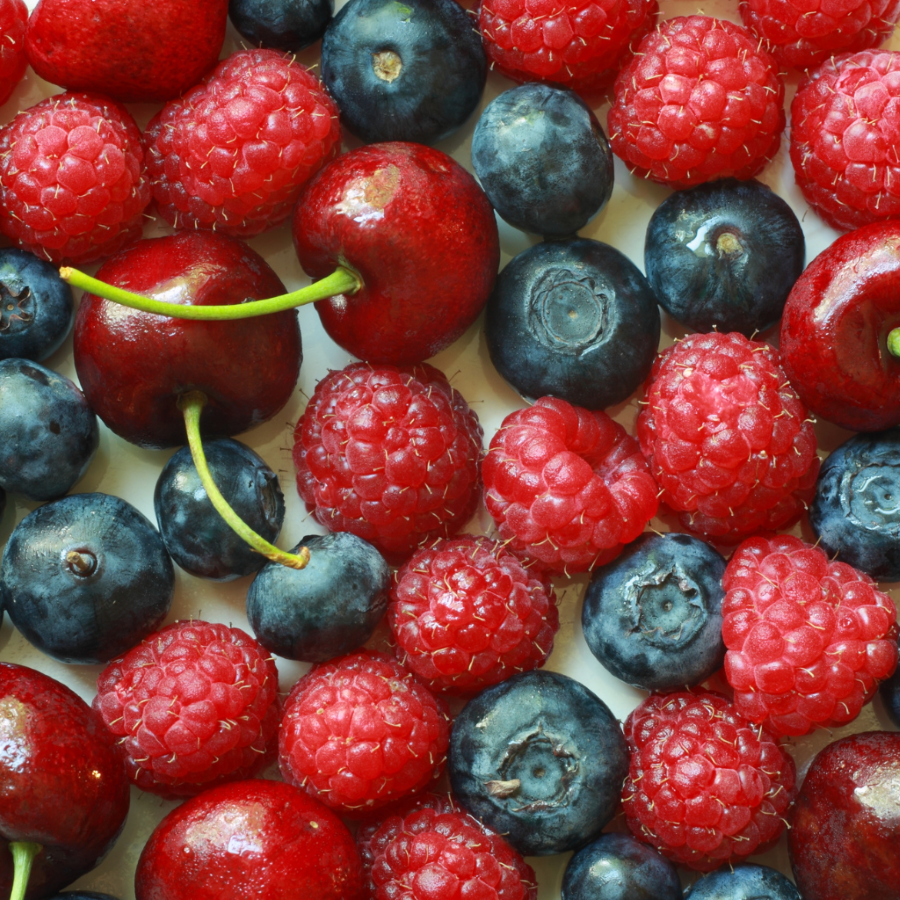
These fruits are loaded with antioxidants. You can enjoy them in yogurt, salads, smoothies, or as a sweet snack.
Wild-Caught Fish
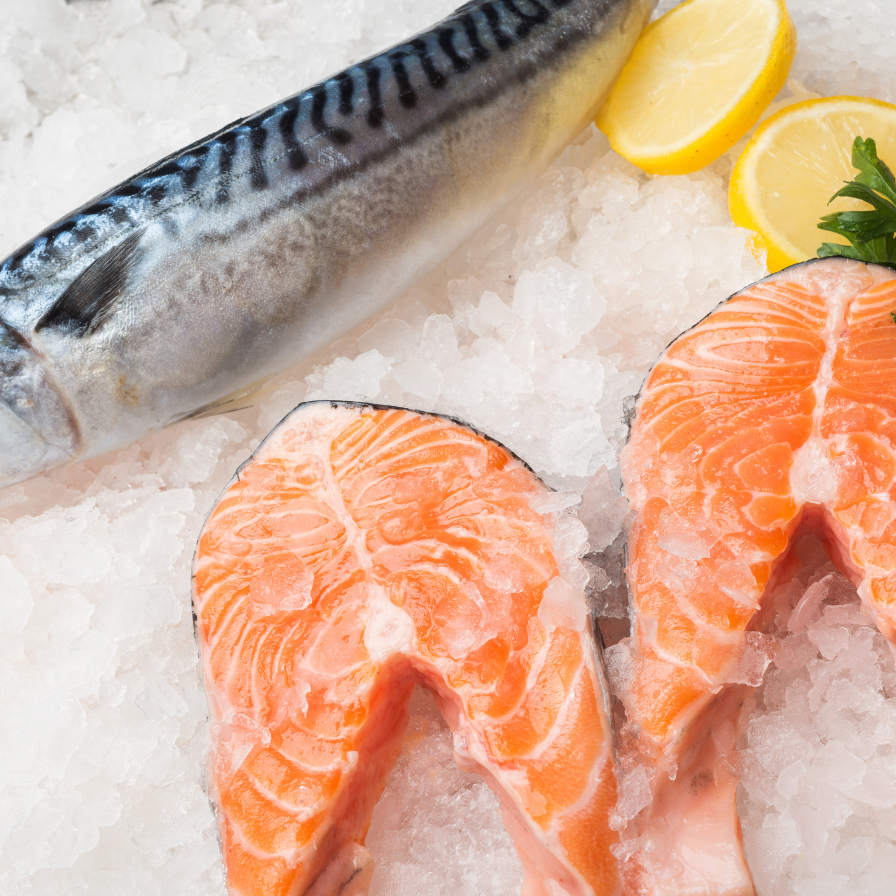
Rich in omega-3 fatty acids, salmon and tuna support brain health. Aim for at least one serving of wild-caught fish per week.
Dark Leafy Greens
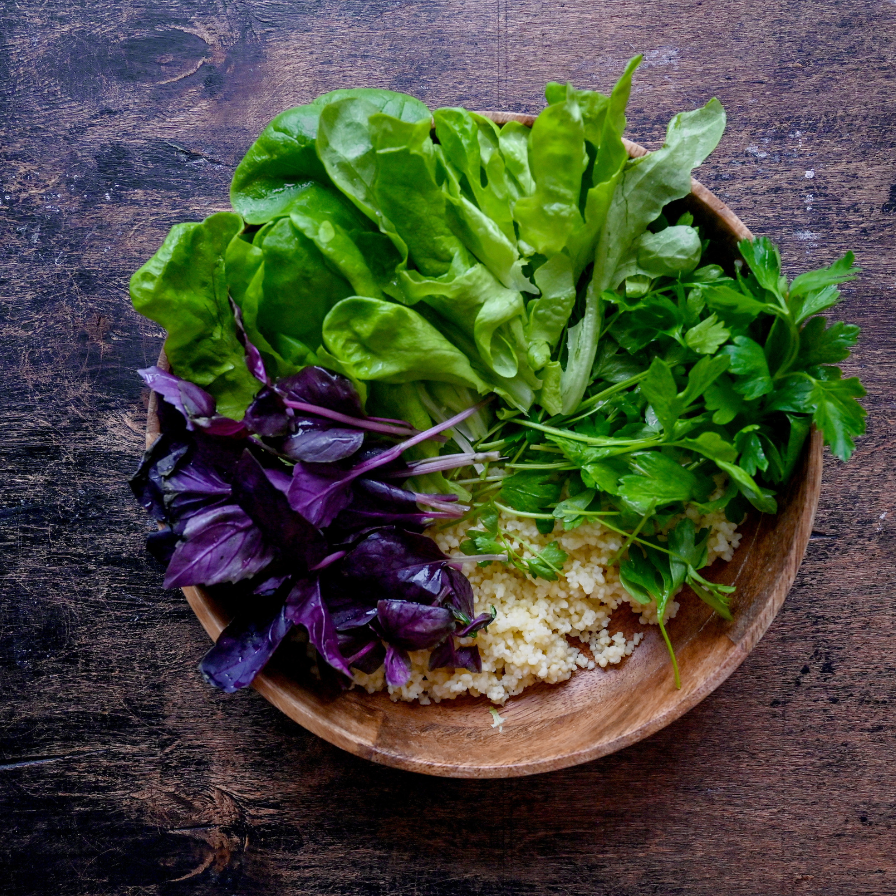
Dark leafy greens are packed with vitamins and minerals.1 Include them in salads, main dishes, or smoothies.
Nuts & Nut Butters
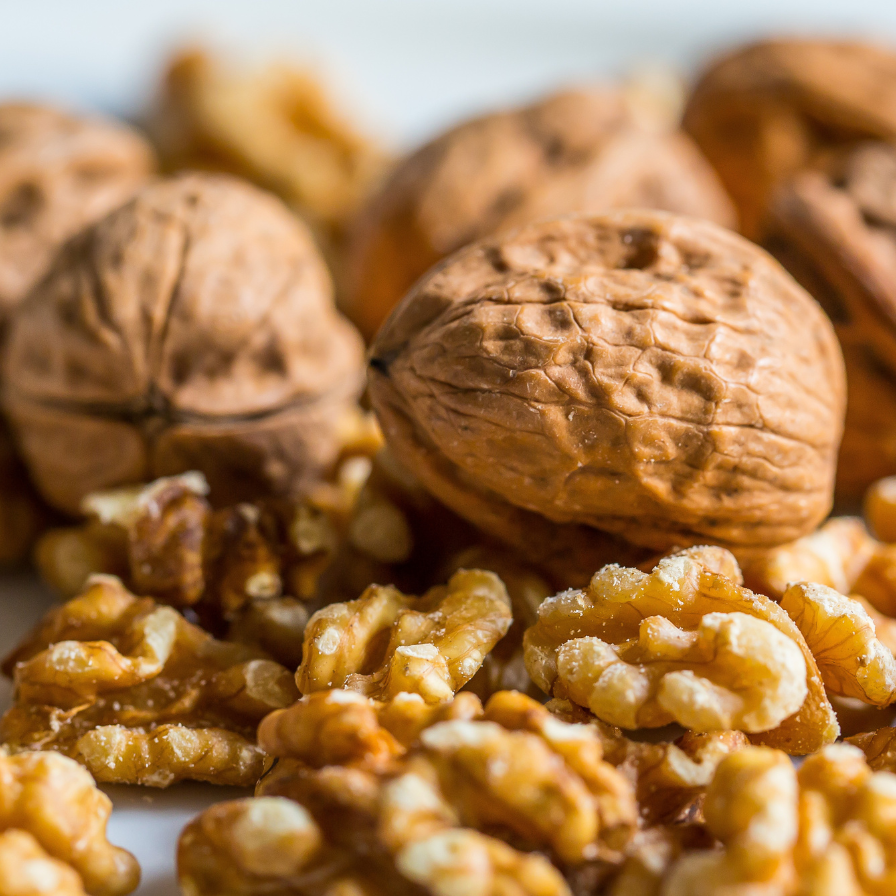
Nuts are a great source of antioxidants and healthy fats. Add nuts to yogurt, salads, recipes, or eat as a snack.
How Can You Get Started Embracing a Whole-Food Lifestyle?
The easiest way to add whole foods to your life is to try and eat simple foods rather than processed foods that come from a box. For example,
- Breakfast: Eat yogurt with berries and walnuts or an omelet loaded with veggies instead of a processed food like cereal, muffins, or donuts
- Lunch: Consider a salad made with vegetables or fruits, nuts and seeds, and a source of protein(hard-cooked egg, edamame, black beans, chickpeas, chicken, salmon, or tuna) or a stir fry of vegetables and some added protein
- Dinner: Offer a combination of protein, grains, and vegetables
- Snacks: Include raw vegetables, fresh fruit, or nuts
- Dessert: Consider fresh fruit, especially berries
Are There Diets that Focus on Brain-Healthy, Whole Foods?
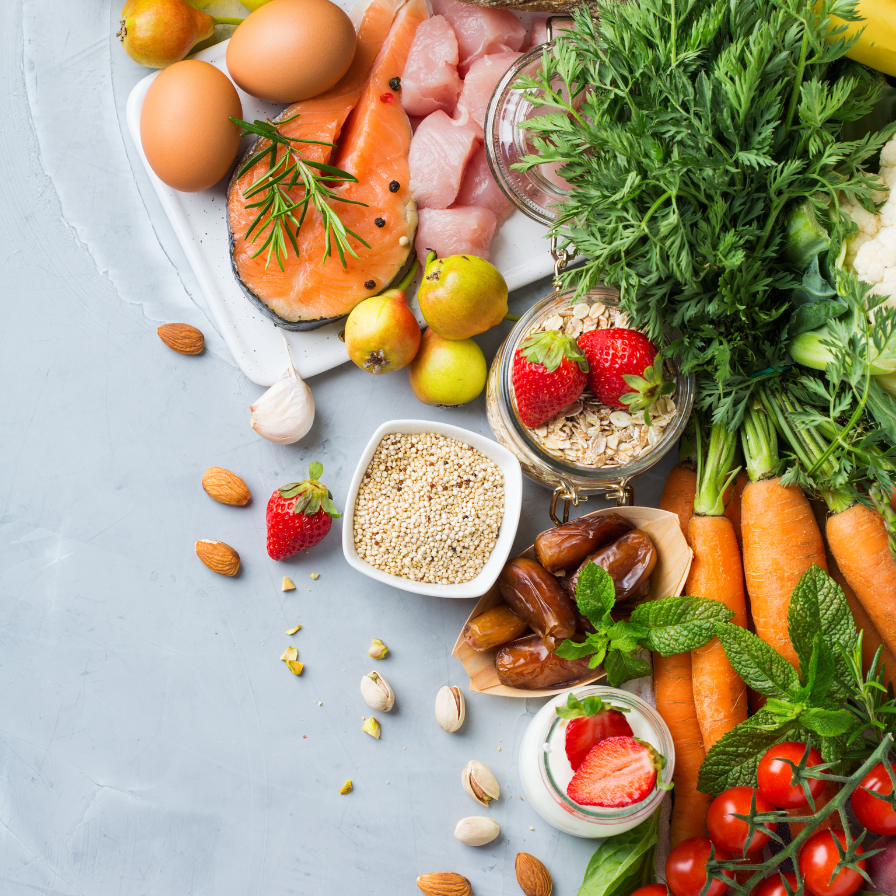
While you do not need to follow a specific diet plan to follow a brain-healthy eating plan, some people find it easier to follow a specific dietary plan so they can use related cookbooks, recipes, and even food delivery companies that support the diet. There are several diets that support a healthy approach to eating, including:
- DASH (Dietary Approaches to Stop Hypertension)2 – This plan focuses on eating lots of fruits, veggies, and whole grains, and limiting sugary and fatty foods.
- Mediterranean Diet3,4 – This plan is based on eating lots of fruits, veggies, nuts, and olive oil, and eating less red meat.
- MIND (Mediterranean-DASH Intervention for Neurodegenerative Delay)5 – This plan combines the DASH and Mediterranean diets, focusing on foods that are best for your brain, like leafy greens, berries, nuts, and fish.
Eating whole, unprocessed foods is the best way to keep your brain healthy. The most important part is enjoying tasty, healthy meals that make you feel good and support your brain’s health!
- Morris, MC ∙ Wang, Y ∙ Barnes, LL ∙ et al. Nutrients and bioactives in green leafy vegetables and cognitive decline: Prospective study. Neurology. 2018; 90:e214-e222 ↩︎
- DASH Eating Plan | NHLBI, NIH. (January 3, 2001). NHLBI, NIH. https://www.nhlbi.nih.gov/education/dash-eating-plan ↩︎
- American Heart Association. What is the Mediterranean Diet? American Heart Association. (May 15, 2024). https://www.heart.org/en/healthy-living/healthy-eating/eat-smart/nutrition-basics/mediterranean-diet ↩︎
- Loughrey, DG ∙ Lavecchia, S ∙ Brennan, S ∙ et al. The impact of the mediterranean diet on the cognitive functioning of healthy older adults: a systematic review and meta-analysis. Adv Nutr. 2017; 8:571-586 ↩︎
- Sreenivas, S. (October 17, 2023). What to know about the MIND diet. WebMD. https://www.webmd.com/alzheimers/what-to-know-about-mind-diet ↩︎